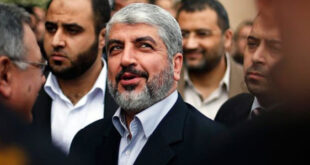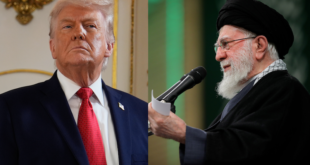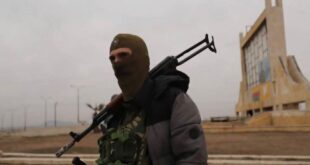Post-Yugoslav countries have made significant progress compared to the 1990s, but a number of reforms still need to be implemented, international and regional leaders concluded on Belgrade’s panel discussion.Addressing the Belgrade Security Forum, Serbia’s Prime Minister Ivica Dacic, said that the ex-Yugoslav countries have learnt the lessons from their troubled past, but that the adequate regional cooperation is still lacking.
“Ten years after the Second World War, European leaders came together and formed the European Community. Twenty years after the Balkan conflict, we are still living in the past and still lack regional cooperation, ” Dacic said, at the panel called “New Paradigm of the Region: Are the Balkans Finally a Success Story?”
“The epilogue of that conflict is still ongoing, as Kosovo remains a source of instability in the region. But the Serbian government wants to build bridges towards the institutions in Pristina,” he added.
Dacic said that other countries in the region have caused further instability, disrupting efforts at dialogue and cooperation, by recognising Kosovo as an independent country.
Talking about war crimes committed during the wars of Yugoslav dissolution Dacic said that all the perpetrators need to be brought to justice and that “all the victims deserve justice, including the Serbian ones”.
Dacic also warned that Croatia, as it is enters the EU, is beginning to lose interest in the Balkans.
Bosnia’s Deputy Minister for the Foreign Affairs, Ana Trisic Babic, disagreed, saying that Croatia would not lose its interest for the region, as it still has unresolved issues with Bosnia, including its shared, 1000 km border, and because there are a large number of Croats living in Bosnia.
She joined the Serbian PM’s calls for stronger cooperation among the Western Balkan countries.
“We all need to find a way to regionally connect, we need to find a common goal like the EU and go together,” Trsic Babic says.Miroslav Lajcek, deputy PM of Slovakia and the former EU High representative in Bosnia, said that the Balkan countries have “empty chairs waiting for them within the EU”, but that there are still a number of reforms to be implemented.
“You should not be obsessed by the dates, nor the statements of various EU politicians. Instead you should focus on reforms that implement European standards in your own countries,” Lajcak said.
The Serbian Deputy Prime Minister and Minister for Defence, Aleksandar Vucic, hopes that Serbia would receive a date for the start of EU entry negotiations in the spring or summer of next year.
“If you ask me what the conditions of membership will be for Serbia, I would say that these will centre on the issue of Kosovo, especially the resolution of issues in north Kosovo,” Vucic said.
“Serbia will do its best to become a part of the EU and try to resolve the Kosovo issue peacefully, “ he concluded.
 Eurasia Press & News
Eurasia Press & News


